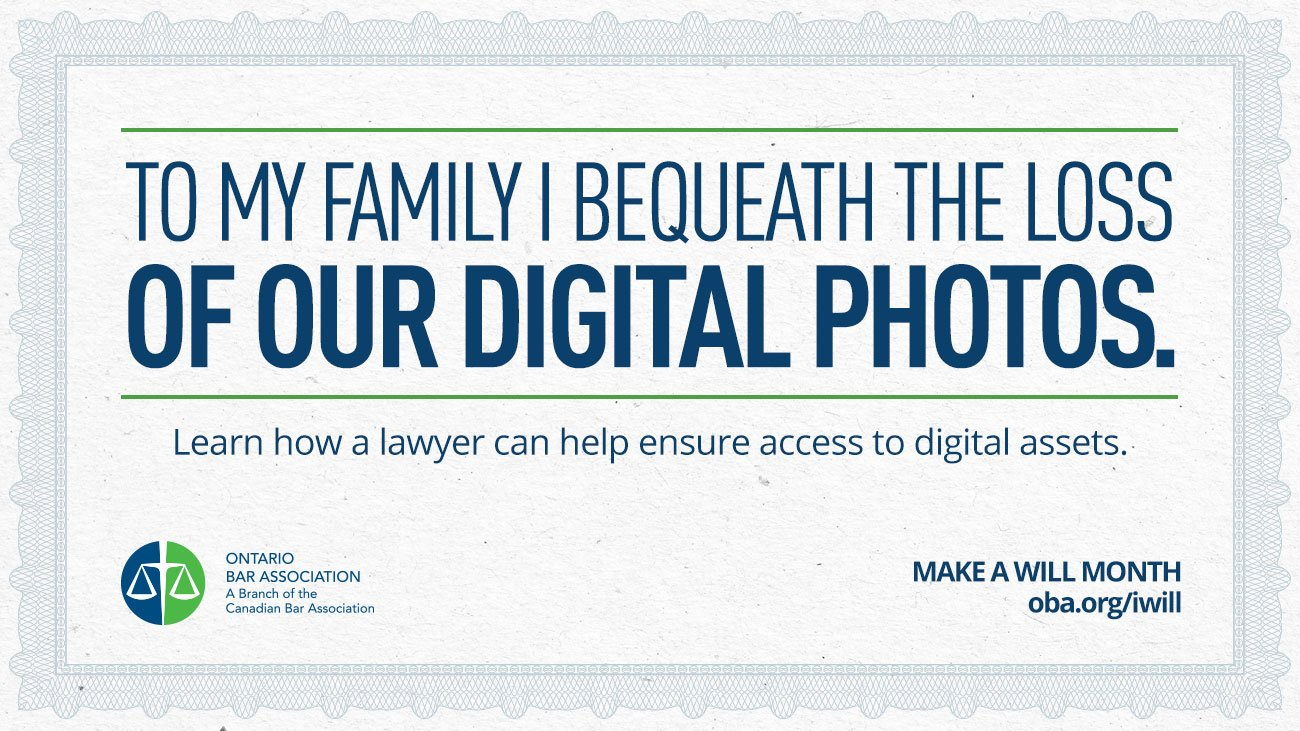Death Shaping Life
Thinking and talking about death can shape how you live
Rarely do we hear about people on their deathbeds thinking about their professional accomplishments, the material things they have amassed, or the amount sitting in their bank accounts. Rather, as Australian nurse Bonnie Ware noted in her book “Top Five Regrets of the Dying”, those nearing death tend to express the following regrets:
- I wish I’d had the courage to live a life true to myself, not the life others expected of me.
- I wish I hadn’t worked so hard.
- I wish I’d had the courage to express my feelings.
- I wish I had stayed in touch with my friends.
- I wish that I had let myself be happier.
Inherent in these regrets, seems to be an acquired wisdom about the value of authentically connecting with loved ones. They express a deep realization that perhaps what’s most important in life, are the moments – big and mundane – that we experience with loved ones, openly sharing ourselves with them.
Yesterday, the Ontario Bar Association wrapped up “Make a Will Month”, an annual public education campaign about the importance of having a Will and having it done by a lawyer. You may have seen banners like this one on your social media platforms or local library over the last month:

Every year, I wonder how many people are called to action by “Make a Will Month”. Rarely when I run into friends, neighbours or other parents in the playground, do people ask me, “Why do I need a Will?” Instead, people often say, “we really need to get ours done” or “we’ve been meaning to do ours for years.” But they keep putting it off.
Don’t get me wrong, I think the campaign is critical in helping correct common misconceptions about the impact of death and the very real headaches that are left behind for your loved ones when there isn’t a properly drafted Will in place. However, in my experience, people usually know – at least on some level – that they need a Will.
So what is it that stops people from picking up the phone and calling a lawyer? Here are the typical reasons I encounter:
- The perception that creating a Will is too costly.
- Thinking that creating a Will is not urgent and that there is still time.
- Fear of death and talking about mortality.
- Avoiding family tensions they may have to face to create a Will.
- That visceral feeling that our possessions and money won’t matter on our deathbeds, so why pretend they matter now?
Let’s address cost and urgency first. Consider for a moment how much you spend on your annual car or home insurance – protecting one asset, for one year. When viewed from this perspective, perhaps the cost of protecting all your assets and providing for your loved ones for as long as possible through a Will is quite reasonable after all. And, of course, death comes when it comes. We don’t know when it will happen.
But what about the general discomfort with discussing death, facing strained relationships, and that feeling that at the end of the day, none of this stuff matters? After working in Wills and Estates for several years, I can tell you that I hear things like this daily:
Where there was a Will:
- “It was such a relief that my sister had planned her funeral, and even picked the hymns. I don’t know that I could have done all of that work while I was grieving.”
- “Asking our friends to act as guardians for our children brought us so much closer. We are amazed at the effort they are putting into building a relationship with our kids. We just booked a family trip together!”
Where there wasn’t a Will:
- “It was my fault. I was the one who resisted talking about death. I thought he would have more time. I don’t know how I will manage this mess while I get my son and I through the grief.”
- “I can’t believe how bad this is. While he was in the hospital, he told me exactly what he wants done. But now I can’t carry out his wishes because it’s not what the law calls for…I made a promise…!”
This is what I know to be true: planning for your death matters. Not because you’ll spell out who gets what, but because you took care of the hard work to make things easier on those who survive you. Your planning and upfront work matters to those left behind. The way you plan to make things easier on them is part of how they will remember you.
Moreover, talking about these intimate things can bring you much closer to your loved ones. And thinking about it, really thinking about how you want to be remembered, will impact the decisions you make today. (It might even get you to start organizing your digital photos, or even printing some!)
If you don’t believe me – or you just don’t know how to go about it – I suggest you start by watching Michael Hebb’s TEDMED talk*. Hebb is the founder of “Death over Dinner”*, a fun (yes, fun!) program that aims to transform the difficult conversation about death into “one of deep engagement, insight and empowerment.” And yes, the idea is to invite your loved ones over for dinner with the intention of talking about your deaths – by breaking bread, having a laugh, and engaging on a focused topic, you’ll share a part of yourself with your loved ones, allowing you to build a deeper connection with them. What you take from this experience could be something that you carry through into other moments in your life.
And once you’ve overcome the discomfort of talking about death, call a lawyer. Because while you won’t care about all your stuff and money on death, you can make it easier for your loved ones to take care of it all, and maybe you'll decide to gift your things not just in necessary ways, but in meaningful ways.
Ultimately, you might agree with Michael Hebb’s apt conclusion: “Looking at death teaches you how to live.”
* Please note that Michael Hebb's work referenced in this blog post focuses on the economic implications of death in the United States, which are sometime different from what is observed in Canada. Furthermore, his "Death over Dinner" prompts are somewhat specific to American law. Please consult with a local lawyer to advise you about the applicable law in your jurisdiction.



